The school year is winding down and I've been thinking a lot about new steps. This year I've been a part of the Project Zero maker space perspective course, a change.school course and a launch book club pln here at school. I think that next year I'm going to take my studies a little more seriously and apply to something with a little more depth. Here's hoping anyway.
Most of my thoughts have been about the idea of learning and growing and why some people seem more open to this, what makes people this way? Can it really be fostered? I'll try to be more diligent with learning this summer, but if not, see you in the next school year when I'm going back to the classroom.
Showing posts with label beginner. Show all posts
Showing posts with label beginner. Show all posts
Tuesday, 13 June 2017
Monday, 22 May 2017
Stages of Learning
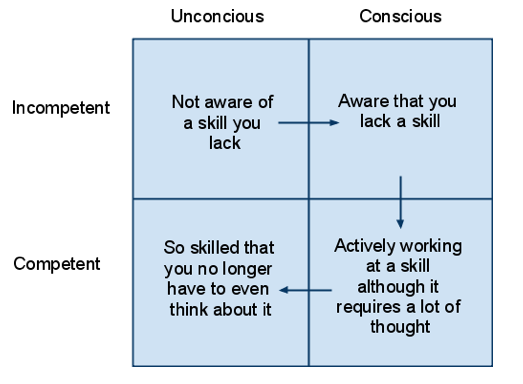 |
I do a lot of things in my off time, even though I really like doing nothing. One of the things I'm doing this year is captaining/coaching a frisbee team. We have a great coach we work with, and he was talking about stages of a great ultimate player, and I thought this applied a lot to learning too.
I wonder how often we are stuck in the conscious incompetent stage. Without a learning coach or someone explicitly helping us become conscious and competent, how can we easily navigate our own life long learning.
Part of the job I think I am good at is listening and helping shape consciousness and direct people towards competence. When we can understand what we need to do to get better, I think it's much easier for us to make that progress, it's when we don't understand that we feel frustrated.
As a beginner things can be liberating because we don't even know what we're doing wrong, everything is just kind of fun, but as we get through the process things can become more difficult.
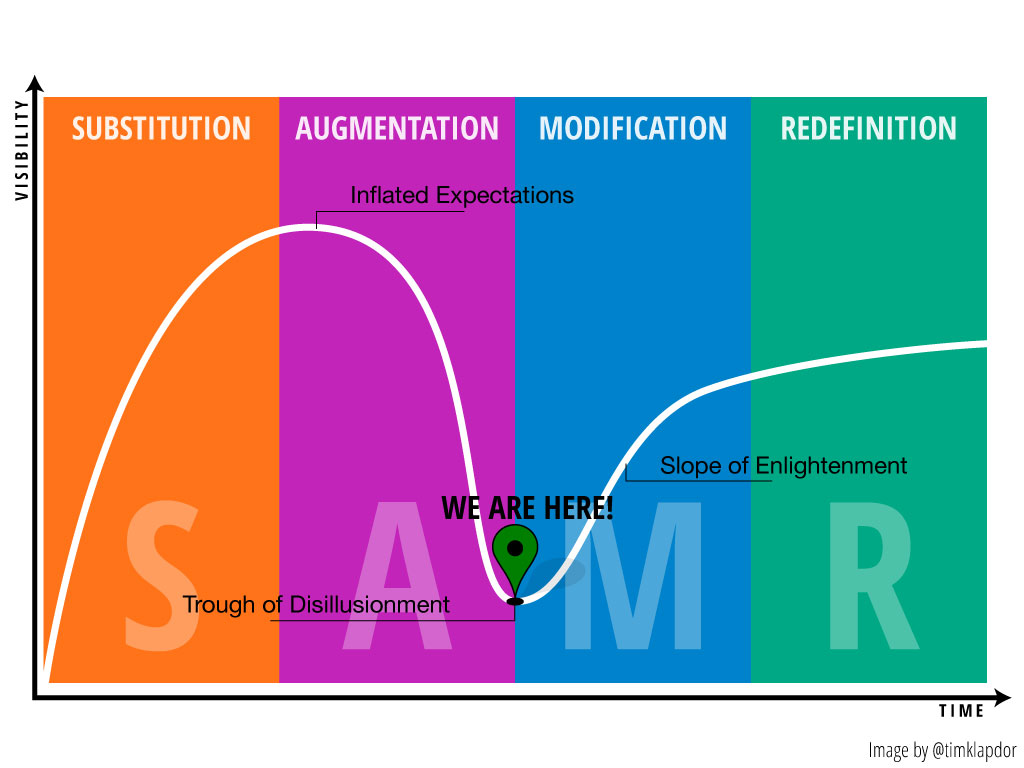 |
So how can we remain optimistic about the future like we are when we are unconscious and still promote and develop consciousness?
Monday, 6 March 2017
Trying video
Alright I'm trying something new.
Working in the ODC these past two years has been pretty good, this year for a CCA we're having students develop like an itime, 20%time, maker space type thing, it's going to take forever, and it likely won't be great as a first go, but I take 18 grade 2 students out here three times a week for forty minutes to find problems and look for solutions.
The first bit was really just getting them used to the space, and the idea that problems exist in our real world.
We've found two, which i'll get into later on, but I wanted to introduce you (to part of at least) the space we're working in for right now
Thursday, 2 March 2017
Absence of anything
| http://savedbythe-bellhooks.tumblr.com/ |
Not really sure what this has to do with education, environmental, technological or otherwise, but it's something I've been thinking a lot about. I've used saved by the bell hooks before, I love how provoking some of the images and quotations can be.
I guess what I'm really wondering is why it takes the presence of extreme anything to finally do something, or become aware.
In the environment it's climate change, how big does it have to be before people act. With technology it's falling behind as teachers, how much do we have to not understand before we realize that communication has changed and we're a million years behind (like really who even blogs anymore). With people, I guess it's everything. Why do we need extremism, to realize the areas we're being exploited?
Anyway, just wondering how can we be aware of situations without being or causing extremism.
Monday, 13 February 2017
Systems and code
 |
This past year we've tried to be more active with getting coding into the classroom. There has been some great successes, and a fair amount of indifference, but I think the most confusing part for me is the conversations with teachers.
We talk (the teachers and I) often about empowerment, like how do we actually help students be successful in the future. We talk about the types of skills that might be needed. Our biggest difference is I believe coding will be one of the only skills required for Digital Literacy. Most of us navigate the internet as illiterates, we can converse, but we can't actually make a change or look for deeper meaning.
When people who lead countries can change the idea of what "fake news" is and people are only trained to consume media, mainly the internet, I think we are in for a scary future. However, my teachers think that there are different necessary skills (which I also understand are important, just not as crucial).
Moreover, I guess, I wouldn't teach anything (especially coding) in a static environment. For real challenge based, or problem based learning (looking at the system) we need to have coding embedded into may summative assessments, many daily learning engagements, so we're not just coding, we are solving a problem (hopefully a systemic one).
Anyway, I believe that all people can code. We just need to find a way to get them doing it purposefully, and in a way that the teachers easily see the value.
Wednesday, 1 February 2017
Focusing different
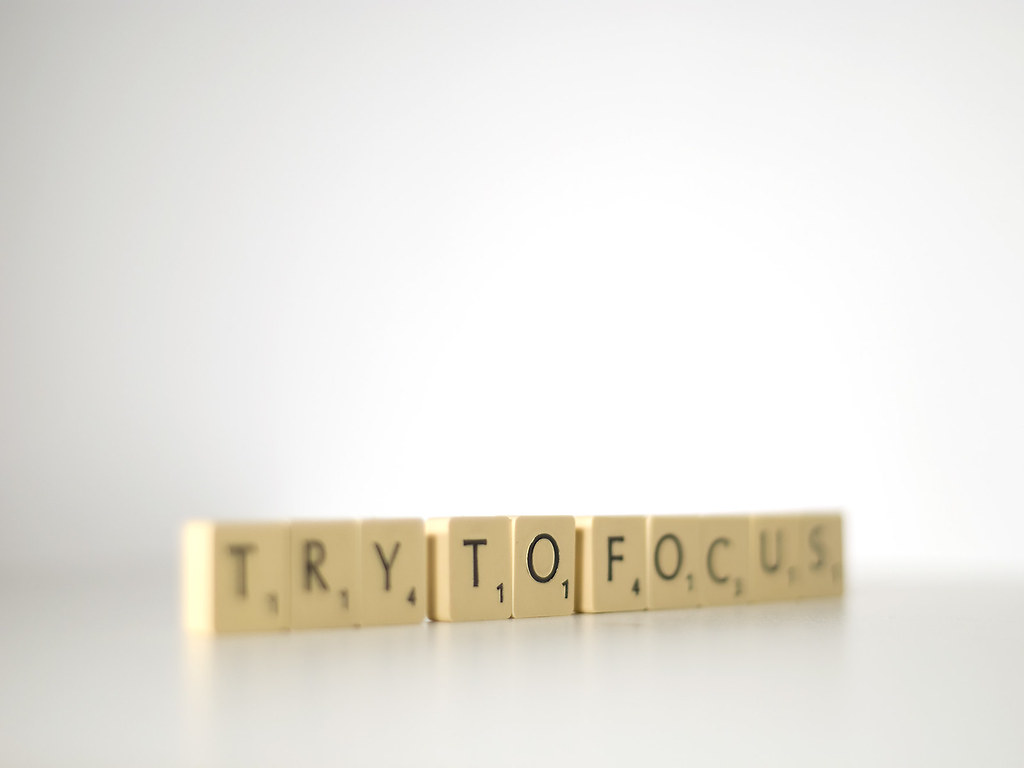 |
I was reading this article the other day and really liked the idea of "other focus" when on screens.
There is a lot of talk about screen time and how it may be damaging or even may be good, but I think we often think just about the person who is consuming the screen time and how spending time on screens effects them.
Like most things we need to look at the broader impact. How does this effect our relationships, the environment, what is the broader systemic impact? I want to start focusing on this with students, start talking about different options for interactions, and how to keep things positive.
Monday, 9 January 2017
Personalized Learning
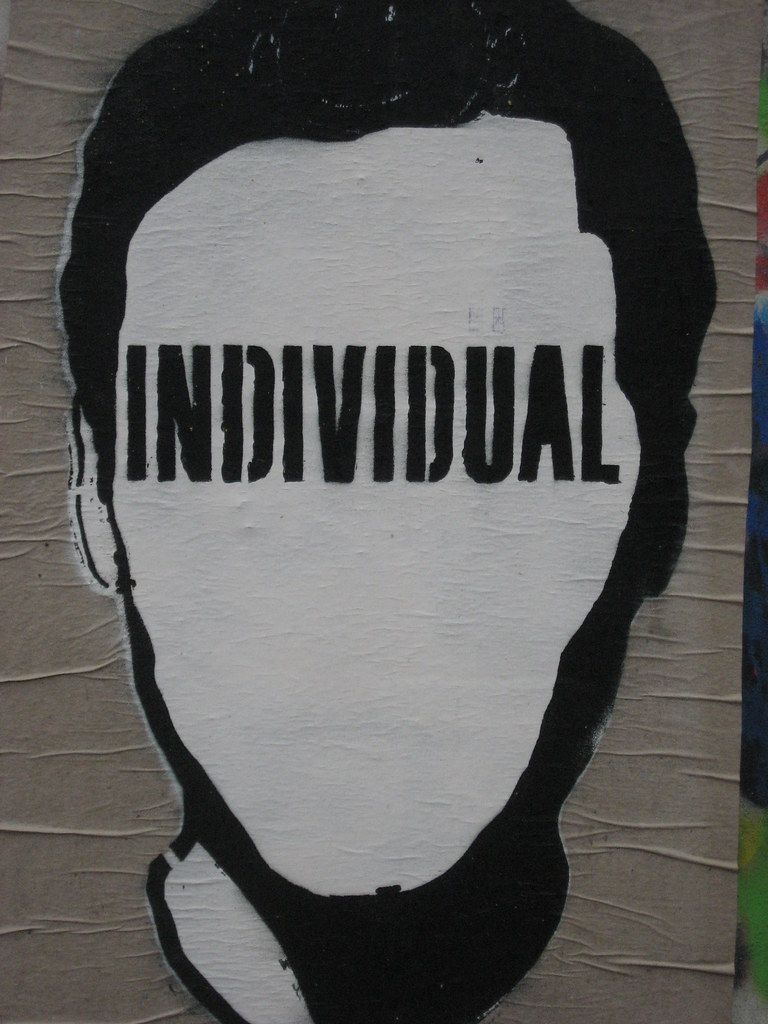 |
I've been thinking over the break about the whole idea of personalised learning, and who should be "in charge" of the experience.
I think as a teacher it can be overwhelming at times to think about all the organising we have to do for a personalised learning experience. Often we try to guide and direct and shape the future, even with personalised learning we aren't fully wondering about what the students want. I've been working a lot with maker spaces this year, and iTime inquiry and I think that letting students have some control of the learning while still being able to hit most of the outcomes necessary.
I think working towards personalised learning is crucial, but I've been wondering more about how to make it also communal.
I want to start bringing experts in from near our school. I want to start building a community, but I also want students to start working together (maybe even being assessed together).
I don't know, it's the beginning of the year. I love personalised learning, but I don't just want to focus on the individual.
Thursday, 24 November 2016
Always growing
 |
I've been thinking a lot about how to continue to grow. As a digital literacy coach, I think it is my job to grow and continue to grow. Not just for the sake of growth, but always looking and wondering about how to change and enhance what's happening in the classroom.
Sometimes I fear that I'm just growing and changing for the sake of growing and changing, other times I'm worried that I'm too stagnant and not growing enough.
I have honestly felt that we learn the most and change the most when we are feeling uncomfortable. One of the things I try to do throughout the year is to put myself in uncomfortable situations in order to help me see my work from different perspectives.
So I guess I'm wondering what my next growing opportunity is going to be. I've tried things from a maker space perspective this year, and it's pretty interesting. It's especially interesting to see the commonalities between design perspective and systems thinking in environmental education. I also have loved the idea of critiquing the user experience model, so it's been a lot of fun.
I'm looking for the next big shake up though so I can change how I'm learning.
Thursday, 10 November 2016
Wow?
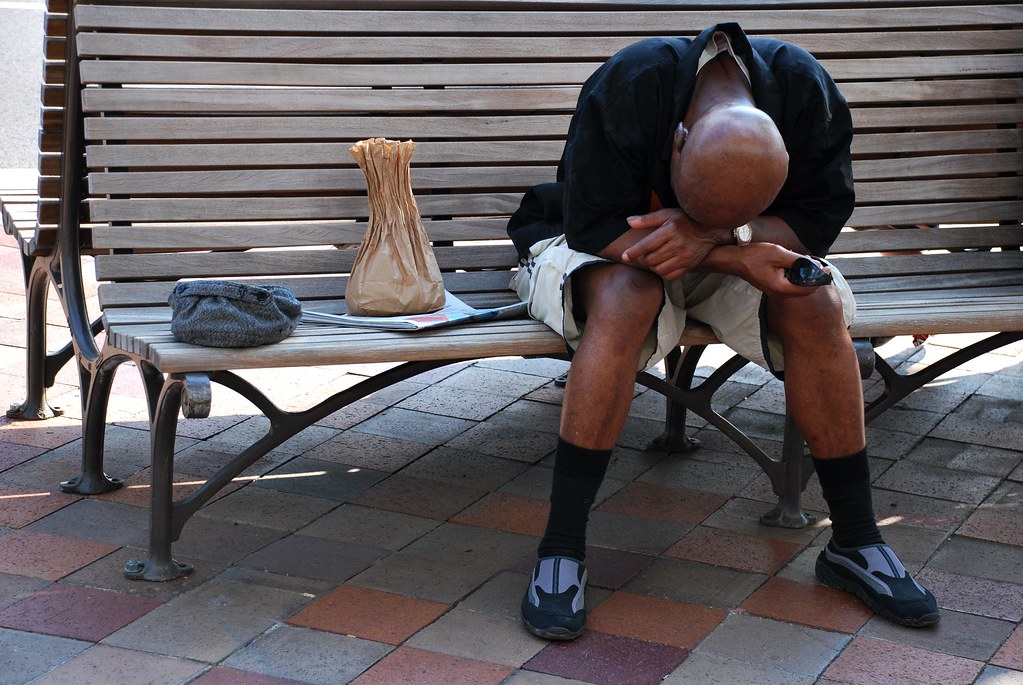 |
I don't often talk about feelings I guess, which is not great; but, this week was crazy.
Two of the things I firmly believed in (not just thought I believed in, but thought everyone believed in) were proven to be untrue this week.
I believe(d) that people genuinely were starting to care more about our environment, our place, our world, just I guess everything that is involved in our living system. I thought everyone in the world was moving towards a better (even if it was still far from perfect) world. Wow, the election proved me wrong. How can people still deny climate change? How does that honestly still happen? I honestly couldn't believe it.
Connected to this, I believe(d) that people are more connected to something in their community or globally now. I thought that it was more global, but also believed we were just overall more connected to something around us. Again, isolationism as a result of our election. How can people seriously believe that we can operate on our own anymore? How can people think that imaginary lines drawn across land mean anything? What benefits do we have from doing things on our own?
I don't know.
I think media failed me and many others, I didn't that this was possible. I understand the role I played, how I was compliant to listen to people who believed the same thing I do, but to not even think of this as a possibility is alarming. As an educator I have to be more aware of how we actually search and what we intentionally make ourselves available to.
I think we failed each other. We haven't really been listening to each other and our problems, we don't know what our community is feeling especially in regard to what they are scared of.
As an educator I think we have an exciting opportunity to work with students to make sure change is going to continue to happen. But it's been a disturbing week.
Thursday, 27 October 2016
Rebranding
 |
This year we are changing some of how we do Professional Development. What we are thinking of doing is offering drop in sessions during Recess and Lunch and making it more relatable to what the teachers need on demand. We are always here to help, but this is a less intimidating way to work with larger groups of people.
We are calling our sessions >Towards Wicked (based on the New Horizons Report). What we are looking to do (eventually) is address some of the truly wicked problems we as teachers face. So the name came from there.
I've been spending more time outside with teachers as well. We are getting more buy in for the mix between environmental education and technology integration, so that is really exciting. We have many teachers out there using the iPads to uncover some of what they could be learning in the classroom.
Happy days.
Monday, 19 September 2016
Peer feedback and teaching
 |
Just came back from a google pd thing. It was just okay, well just okay for me, I think some other people really enjoyed it. Too often in PD we just lecture, and it's pretty boring for everyone (especially someone who spent all weekend sitting and listening). How can we leverage real time feedback with our peers.
As I present more and more I think this question is going to be at the forefront of my mind. How are people truly engaged in what I am saying? How do I gather evidence of this? How can adults learn in a more productive way through PD?
Saturday, 27 August 2016
Unity and standards: What are we aiming for?
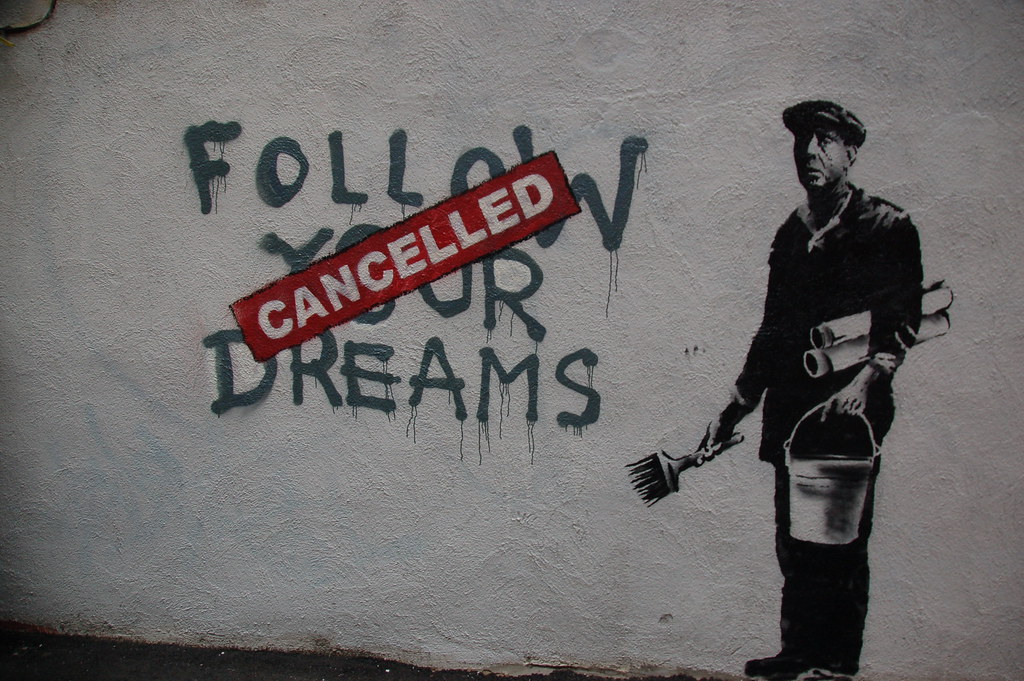 |
|
|
Thanks again to the Place Being Resonance book I've been stuck in a world of wondering. I apologize in advance. I know at times I am not clear in my writing, and this thought isn't fully formed, so it might not make the most sense.
While reading it talked about what our destruction of the world looks like, and it looks like progress, parts look like sustainable development, parts look like social justice. It looks like we are supposed to be doing the things we are doing because that's how people develop. In order for humans to be unified (economically, socially, etc.) other things have to (and do) suffer. So, when we are looking at unity, we are often just taking an anthropocentric view of what we need (and people would argue why wouldn't we think of humans first) and we forget about what our system (The Earth) needs. While we are going for unity, I'm not really sure we know who we are unifying with, and who (or what I suppose) we are excluding.
It's really difficult for anyone to step back from themselves, deconstruct what they think, challenge the dominant culture and make a difference. Where do those ideas even come from? So how can we expect people to actually protect our planet when we don't even know what we don't know.
While I was pondering this, I started thinking about school, and how we are trying to hit standards and go through curriculums, and just race through to show progress. My mind kind of paused for a second, what and who are we progressing and for what end? Place Being and Resonance wants us to challenge how we teach, why are we moving towards more data? What is growth? Who benefits from our current system of education, and who suffers? I think deep down we know the answers to these questions, but it is difficult to challenge a system that wants to engage and enlighten our learners. When we have public school systems that want to bring up literacy are we focusing too much on a specific type of reading? So much was flying through my head.
I'm not really sure where to take it from there. I know I have to listen more (not just to humans, but I need to be aware of the voices not being heard or acknowledged). I know I have to slow things down and encourage actual thinking, and actual listening in my students. I know I have to encourage students to be aware of a multi-vocal, eco-centric (as in not just anthropocentric) view of our planet.
I guess the real question is how can we see the system we are in and try to fight for that system, while being aware of the multi-faceted aspects of our world. How we can honestly unify through diversity?
Friday, 5 August 2016
Checking out the back end
 |
Orientation week is always interesting when you have been at the same school for awhile. You get a sense of what people will be stressed out about, you kind of understand what might help them, but for the most part you just are there to respond to specific stresses and develop and manage relationships.
This week has been reconnecting with some team leaders and admin and has been really good. I've worked with some of my new teachers which has been great and I've been diving into the backend of our learning management system.
So far it's alright, making some sites, working on my.cis and trying to get things sorted for the upcoming year. It's interesting to see how (well a limited how because I'm not into code or anything yet) something works. It is great when working with teachers and having to break things down, it really reinforces some good teaching practice. You have to respond to a knowledge gap, fill things in at their level and try to support them as they make sense of a new world. Also it's interesting to work with some higher level people and say, well here is how I'd work through it. I don't fully know your answer, but here's how I would find out. I think I'm going to adapt this with more of my students this academic year.
It's also interesting to see a lot of technostress, some teachers are so stressed out about not understanding. Not knowing is such a huge part of my world, so it's strange why people would be stressed out about it.
Thursday, 14 July 2016
How do we create wonder?
 |
| Pancho wondering |
In part of Place * Being * Resonance it discusses the power of technology. The worry presented is that when we use technology we attack a problem from one point of view, and using one solution in mind. Regardless of the multitude of options technologically we are still thinking from a technological standpoint, and therefore think about an anthropocentric solution.
How can we as teachers use technology to enhance education without limiting our options? The more I think about it the more I wonder if this is what the Redefinition aspect of SAMR could be all about. How can we really redefine our thinking regardless of the tools we use?
Derby posits that we must always be open to other ways of thinking and listening to other ways of being without being focused solely on humans and how we interact with the world. We need to listen to language that isn't always our own (maybe coding) and learn to create, and use metaphor to embody other living things.
Anyway, I wonder about the power of ipads in situations like this, we can use them to create (always movies or books) that can use examples of this other-mindedness. One of my goals this year is to really try for this. Capture images (although there is some argument that just looking at images negates the importance of actually being outdoors) create stories that bring about other points of view. I want my students to really strive to be open-minded and other-minded, and I think using the iPad can help.
The base of this (I think) is to wonder, actually wonder, critically wonder, Derby would say ironically wonder I think, but really question what we are thinking and why we are thinking it, and wonder about what other voices are being missed. As always going outside and actually seeing other things is the first step.
Thursday, 19 May 2016
Using questions to dig deeper
This is the second year I've done this particular "sharing the planet unit" with grade 1 students. Last year the focus (their focus, not mine) was on butterflies, we had seen a lot. This year, we are focusing a lot on millipedes. Through questioning we are able to help the students use online resources to identify and figure out what these living things are about.
I want to start changing (drastically at times) how my questioning skills can dig deep fast. I've been working all year on structuring questions, my co-teachers think it's a natural skill of mine, but I've worked very hard on it. However, I'm not yet where I want to be.
I've been reading coaching books to help develop questions that will make my teachers more effective, and I'm hoping I can transfer these questions, or these questioning techniques to students. How can we go deep fast though? Is it possible, recommended?
These are the thoughts that are running through me right now. How do I become the most effective questioner?
Wednesday, 20 April 2016
Frustration then Faith
 |
Wow, these last couple weeks have been really frustrating. Working with teachers and coaching one on one, a lot of them feel frustrated that they haven't met the particular outcomes they felt they needed to meet. We've talked a lot about content vs concepts, and moving towards changing our thinking with our culture of thinking model.
However, what struck me recently was how important documentation can be to bring faith back into the teachers. Too often when we are in the classroom we are seeing the students as they are, not where they were. At the beginning of the year, it required so much faith in our students in order to believe they could get as far as they did, now that they are here, we can't be frustrated, we need to know they can get to the next level.
In teacher's college we talked about the importance of high expectations, and I think this is very similar. We need to have faith that students will get there, they will understand, they'll be successful in our classes. If we are only looking at the things the students can not do, we foster that kind of thinking, we need to help the students believe that all things in learning are possible.
Reports are coming up, working with some teachers on how to create more evidence for next year. It's been really exciting so far. I'm glad I've started coaching more than just being in an edtech role. It has got me outside a lot more, had me more meaningfully involved in planning meetings, and teachers are now asking me a broader range of questions.
Happy days.
Wednesday, 6 April 2016
Back at it
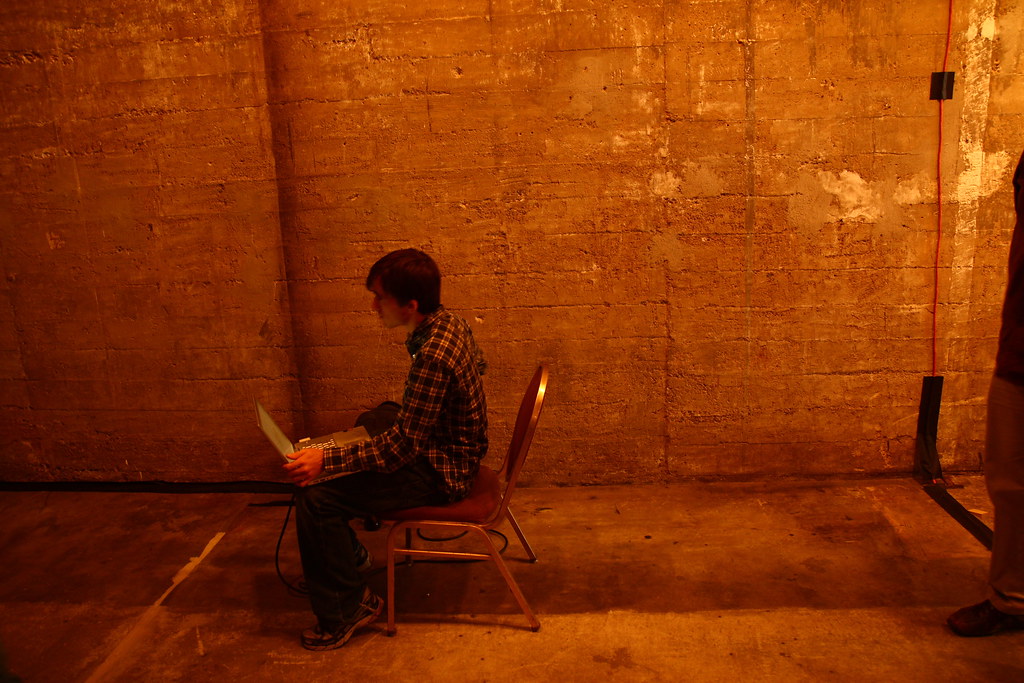 |
We just returned from break, a wonderful time but before we left I didn't have time to write about our excursion week.
I was really worried before we went about the quality of environmental education that we would be receiving. We had outsourced the week so a company would be working on the activities and preparing our kids for learning about Malaysia.
It turned out way better than I thought it would. We had lots of time to just sit and be present in nature. Some, but not many of the students went out to the ocean and played in tide-pools, so this is where I spent most of my time.
We were just looking at life, observing, documenting with technology and then researching later on about what we were seeing and thinking and wondering.
Now, back in the building. Things are alright, winding down.
Been reading a lot about different interview techniques and styles. I'm trying to support some teachers for their bid to apply for new jobs next year. Talking about redesigning infographic style resumes, how to make sure their websites are up and running and looking good. Exciting times for sure.
Friday, 19 February 2016
Place Based Education
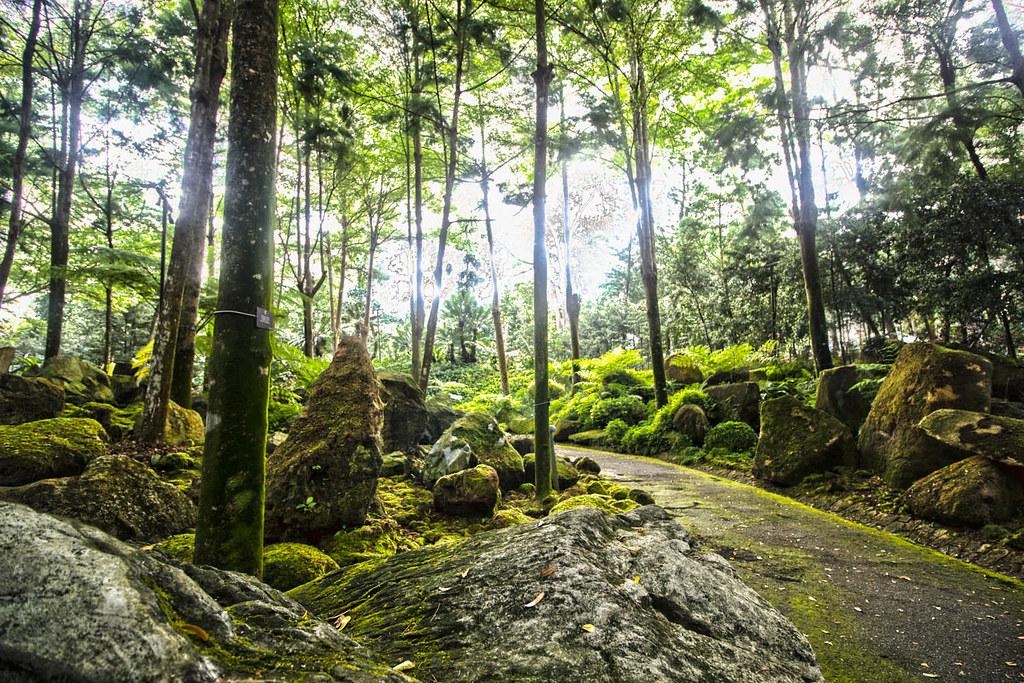 |
Connecting people to a place has been an ongoing concern of mine. I have just started reading this book.
| Link to Amazon |
Most of what we need to do is have teachers understand their place. Many of the international teachers are transient, we move from place to place. This results in us not knowing so much about the place we are teaching. We need to know more about where we live in order to help students understand the systems in place.
Walking through the jungle with Han the other week was a totally eye-opening experience.
Working with an expert in my new country, I learned a lot about what things were living in Singapore, where our water source was, and how to find my way around the bush without too much equipment.
 |
| Bukit Timah Nature Reserver |
I feel much more tied to my habitat and as a result I think I can teach more effectively when I'm bringing the students outside.
Subscribe to:
Posts (Atom)

